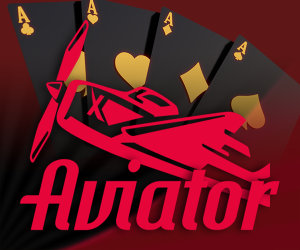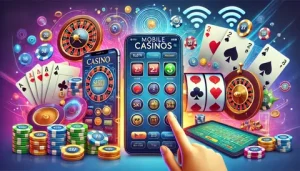For aspiring authors, the dream of seeing their book in print often leads to a fundamental question: traditional publishing or self-publishing? While both paths can lead to a published book, they involve vastly different journeys, especially when considering the unique landscape of New York City, the heart of the traditional publishing world. Understanding the pros and cons of each approach is crucial for making an informed decision that aligns with your goals, resources, and vision for your book.
Traditional Publishing in New York: The Established Route
Traditional publishing involves a publishing houses nyc acquiring the rights to your manuscript, then handling all aspects of editing, design, printing, marketing, and distribution. In New York, this typically means aiming for one of the “Big Five” (Penguin Random House, HarperCollins, Simon & Schuster, Hachette Book Group, Macmillan) or a reputable independent press.
Pros:
- Industry Expertise and Resources: Publishers provide professional editing, cover design, interior layout, and often substantial marketing and publicity support.
- Distribution Network: Traditional publishers have established relationships with bookstores, libraries, and online retailers, ensuring wide distribution and visibility.
- Prestige and Validation: Being published by a New York house carries a certain prestige, which can open doors for future projects, literary awards, and media opportunities.
- Financial Advance: Authors typically receive an advance against royalties, providing some upfront income.
- No Upfront Costs: The author does not pay for any part of the publishing process; the money flows to the author.
- Agent Representation: A literary agent (almost always required for major New York houses) acts as your advocate, negotiating contracts and guiding your career.
Cons:
- Highly Competitive and Slow: The submission process is arduous, often taking months or years to secure an agent and then a book deal. Rejection is common.
- Loss of Control: Publishers have significant control over the title, cover design, editorial changes, and marketing strategy.
- Lower Royalties: Authors typically earn a smaller percentage of sales (e.g., 10-15% of the list price for print books) compared to self-publishing.
- Marketing Expectations: While publishers provide support, authors are increasingly expected to have a strong “platform” and actively participate in marketing their book.
Self-Publishing: The Independent Route
Self-publishing (often called independent or indie publishing) means the author retains all rights and is responsible for every aspect of the publishing process, often utilizing platforms like Amazon Kindle Direct Publishing, Barnes & Noble Press, or IngramSpark.
Pros:
- Full Creative Control: You decide on the title, cover, interior design, content, and pricing.
- Faster Time to Market: You can publish your book in weeks or months, not years.
- Higher Royalties: Authors typically earn a much larger percentage of sales (e.g., 35-70% for e-books).
- Direct Relationship with Readers: You manage your own marketing and can build a direct connection with your audience.
- No Gatekeepers: No need to find an agent or convince a publisher.
Cons:
- Significant Upfront Costs: You are responsible for all expenses, including editing, cover design, formatting, and marketing. Cutting corners here often results in an unprofessional product.
- Marketing Burden: The entire marketing and publicity effort falls on your shoulders, which can be time-consuming and expensive.
- Distribution Challenges: While online distribution is easy, getting into physical bookstores and libraries can be difficult without a traditional publisher’s network.
- Perceived Stigma (Lessening): While rapidly diminishing, some readers or industry professionals may still hold a slight bias against self-published works if not professionally produced.
- No Advance: You only earn money when books sell.
Choosing Your Path in New York
For authors in New York, the decision often comes down to:
- Your Goals: Is your primary goal to reach a mass market, win literary awards, or simply share your story?
- Your Resources: Do you have the time, skills, and budget to manage all aspects of self-publishing?
- Your Genre: Certain genres (e.g., romance, sci-fi/fantasy) have thriving self-published communities, while others (e.g., literary fiction, serious non-fiction) still benefit greatly from traditional prestige.
Many authors even pursue a hybrid approach, traditional publishing some books while self-publishing others. Ultimately, both paths offer legitimate avenues to becoming a published author. The “best” choice is the one that empowers you to bring your story to readers in the most effective and fulfilling way.









